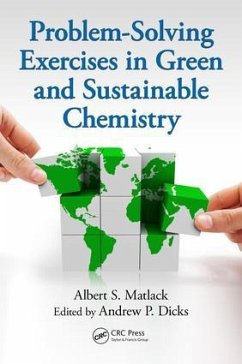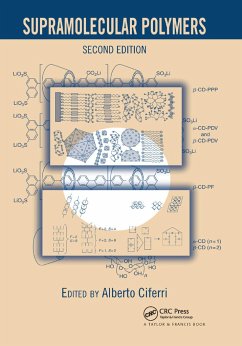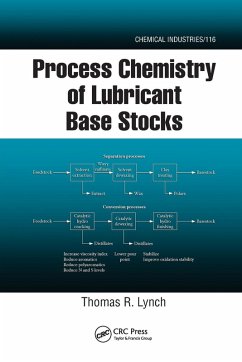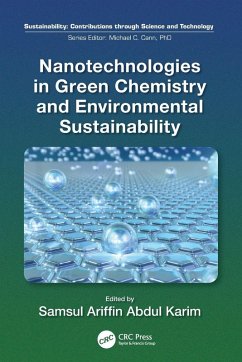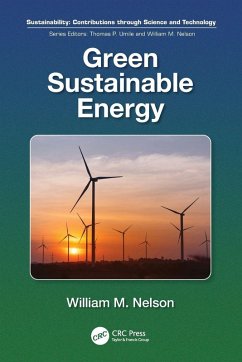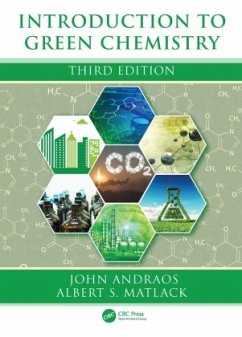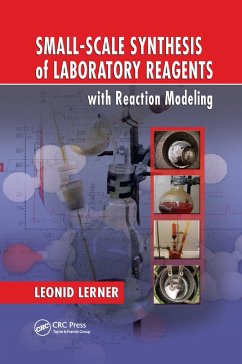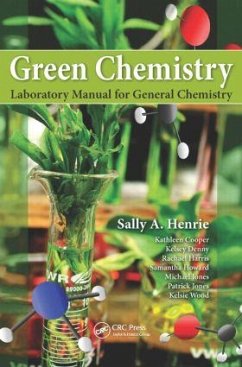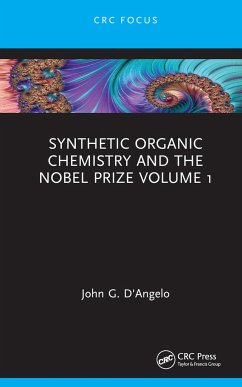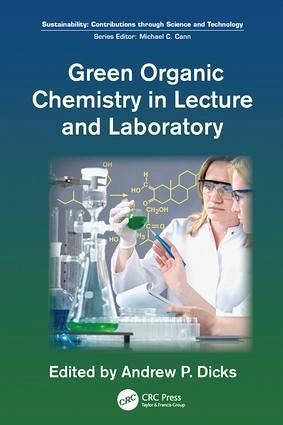
Green Organic Chemistry in Lecture and Laboratory

PAYBACK Punkte
48 °P sammeln!
The last decade has seen a huge interest in green organic chemistry, particularly as chemical educators look to "green" their undergraduate curricula. Detailing published laboratory experiments and proven case studies, this book discusses concrete examples of green organic chemistry teaching approaches from both lecture/seminar and practical perspectives. The experienced contributors address such topics as the elimination of solvents in the organic laboratory, organic reactions under aqueous conditions, organic reactions in non-aqueous media, greener organic reagents, waste management/recyclin...
The last decade has seen a huge interest in green organic chemistry, particularly as chemical educators look to "green" their undergraduate curricula. Detailing published laboratory experiments and proven case studies, this book discusses concrete examples of green organic chemistry teaching approaches from both lecture/seminar and practical perspectives. The experienced contributors address such topics as the elimination of solvents in the organic laboratory, organic reactions under aqueous conditions, organic reactions in non-aqueous media, greener organic reagents, waste management/recycling strategies, and microwave technology as a greener heating tool. This reference allows instructors to directly incorporate material presented in the text into their courses.
Encouraging a stimulating organic chemistry experience, the text emphasizes the need for undergraduate education to:
Focus on teaching sustainability principles throughout the curriculumBe flexible in the teaching of green chemistry, from modification of an existing laboratory experiment to development of a brand-new courseReflect modern green research areas such as microwave reactivity, alternative reaction solvents, solvent-free chemistry, environmentally friendly reagents, and waste disposalTrain students in the "green chemistry decision-making" process
Integrating recent research advances in green chemistry research and the Twelve Principles of Organic Chemistry into the lecture and laboratory environments, Green Organic Chemistry in Lecture and Laboratory highlights smaller, more cost-effective experiments with minimized waste disposal and reduced reaction times. This approach develops a fascinating and relevant undergraduate organic laboratory experience while focusing on real-world applications and problem-solving.
Encouraging a stimulating organic chemistry experience, the text emphasizes the need for undergraduate education to:
Focus on teaching sustainability principles throughout the curriculumBe flexible in the teaching of green chemistry, from modification of an existing laboratory experiment to development of a brand-new courseReflect modern green research areas such as microwave reactivity, alternative reaction solvents, solvent-free chemistry, environmentally friendly reagents, and waste disposalTrain students in the "green chemistry decision-making" process
Integrating recent research advances in green chemistry research and the Twelve Principles of Organic Chemistry into the lecture and laboratory environments, Green Organic Chemistry in Lecture and Laboratory highlights smaller, more cost-effective experiments with minimized waste disposal and reduced reaction times. This approach develops a fascinating and relevant undergraduate organic laboratory experience while focusing on real-world applications and problem-solving.




